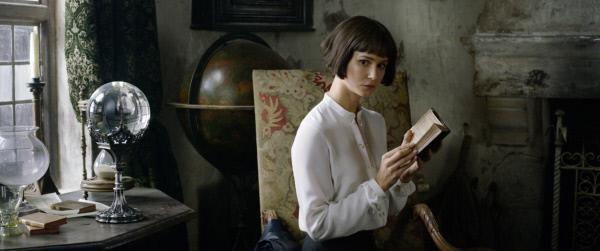Imagine.
You have coffee with a supervisor.
The conversation takes a pleasant course.
You tackle, in a relaxed way, trivial subjects, such as the current blockbuster movie, or the latest fashionable author.
"Did you like his new novel?"
Yes?
So much the better that you liked it! ”
Ouch.
Error on the horizon.
The phrase
"so much the better" is
used according to a precise rule.
Explanations.
To discover
Passionate about word games?
Discover the Figaro games app
The most recent faulty example is from a few days ago.
Didier Deschamps, coach of the Blues team, said at the microphone of TF1 that
“Karim was looking for these goals.
He never lost confidence, neither did mine, and so much the better that he was there tonight.
»
Red card.
Here, it is not a question of a conjugation error, but of a sentence construction.
»READ ALSO - Only a master of the subjunctive will get a 10/10 on this test
Remember that the use of the present indicative in this sentence is adequate.
This is a real fact, which happened (Karim Benzema was there), and not hoped for or feared (which would have required the use of the subjunctive).
The callsign always accompanies a certain and carried out action.
What is incorrect is the use of the phrase
“so much the better”
with the conjunction
“that”
.
As an interjective phrase (group of words having the value of an interjection, for example
“Dieu du ciel!”
, Or
“Tout beau!”
), It is independent (example:
“So much the better!”
) Or else
accompanied by the conjunction
"if"
.
We say:
"So much the better if you come"
or
"so much the better if it pleased you"
, or even
"so much the better if it was there"
.
And it is the indicative mode that is appropriate, since it is a fact.
On the other hand, if we want to mean that we are happy about something, it is the subjunctive that wins. Example:
"I'm glad you liked this novel."






